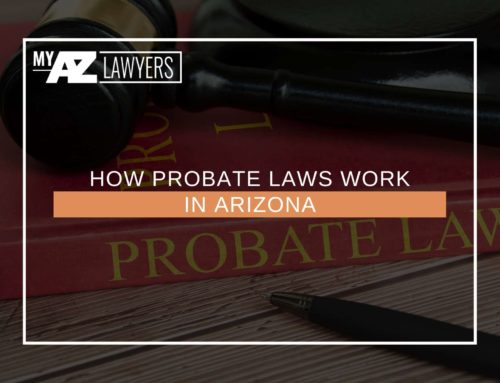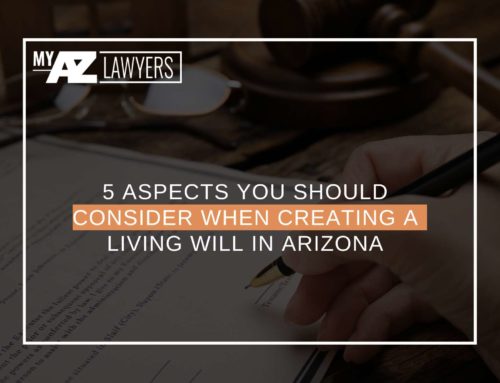The Litigation Process – What You, as the Client, Should Expect from your Attorney

Although the litigation process is new and unfamiliar to most people, knowing the basics about the roles and expectations between you and the attorney will help you, as the client, feel comfortable throughout the process. First, it is important to know that all lawyers must abide by strict standards of professional responsibilities and codes of conduct that are established by the state bar associations. An attorney may be disciplined by the bar association for failing to follow such standards, which may lead to criminal prosecution and/or disbarment. It is also important to know that you, as the client, have certain responsibilities to your attorney as well.
Confidentiality
One major responsibility shared between an attorney and his client is confidentiality. You, as the client, are expected to be truthful and responsive with your attorney, providing all relevant information and documentation that may aid your attorney to be the best advocate possible. In return, your attorney must preserve the client’s confidences and secrets that are revealed in the course of the attorney/client relationship. This means any conversations between you and your attorney, with the intent of representation, must be kept confidential. This includes any information given before any formalized agreements of representation. Subject to some small, specific, and rare exceptions, unless you (the client) give permission, your attorney cannot disclose the information to a third party.
Your Attorney must be a Competent, Diligent, and Zealous Advocate
By providing all pertinent information to your attorney, your attorney is then able and obligated to be a competent, diligent, and zealous advocate. Although no particular results can be guaranteed, your attorney must be sufficiently experienced in the area of law to be able to competently analyze the legal issues and exercise knowledge of the laws applicable to your case. It is important to understand that you, the client, determine the ultimate objectives to be pursued in the case, including any final decisions regarding settlements. The attorney then has the responsibility to decide the means by which to reach the ultimate objectives, as long as it is within the bounds of the law.
Conflict of Interests
The attorney must also avoid any conflicts of interest in the representation of a client, without obtaining full written disclosure from the interested parties. For example, an attorney is not allowed to represent both the client and the potential adversary of the client, without obtaining full written disclosure from both parties. Additionally, the attorney must not have a personal relationship with a client.
Full Disclosure and Communication
Another obligation the attorney has is to give full, prompt, and adequate disclosure and communication to the client. Your attorney must be readily available to answer your questions and keep you fully informed throughout the litigation process. Whether the questions are about fees, confidentiality, court hearings, or anything else surrounding your case, your attorney must respond promptly, with courtesy and consideration. Further, your attorney must provide you with copies of any correspondence and documentation prepared on your behalf, or received from the court or adversary. As the client, you may attend, and may even be required to attend conferences or hearings held in the court.
What to expect at the beginning – Attorney Client Relationship and the Fee Arrangements
Before representation, the attorney should give the client disclosure documents that explain the rights, privileges, and expectations of both the attorney and the client. Included in these are the details of the fee arrangement. Before agreeing, the client may clarify, negotiate, and adjust any terms or provisions of the fee arrangement. Fee arrangements may differ, but may not include, for example, fees contingent upon the divorce of the client. However, minimum fee arrangements and fees that are contingent upon the results of a case are allowed.
In order to protect an attorney’s compensation for providing legal representation, attorneys often require a retainer at the onset of the representation. The retainer is a prepaid amount of money that is held in escrow until the attorney provides the services that entitles them to the funds. The attorney must safeguard the money, keeping it separate in an escrow account until the terms of the agreement have been preformed. Once the terms of the agreement have been performed, the attorney may collect payment from the escrow account. Upon request from the client, the attorney is required to fully refund the client any portion of the money the attorney is not entitled to according to the fee and escrow agreement.
Your Roles as the Client:
It is also important to understand that you, as the client, also have certain roles and expectations that enable your attorney to provide the best legal service. You must be truthful, to cooperate with, and be responsive to your attorney. You must make yourself available to attend any legal proceedings you are requested to attend. You must pay any legal bills in a timely manner according to the fee arrangements. Failure to do so may result in the attorney withdrawing his representation.
Seek Legal Counsel:
No matter what legal services you are seeking, it is important to understand the expectations and responsibilities between a client and an attorney. This will enable your attorney to represent you in the best capacity and most advantageous way. Our attorneys at Gunderson, Denton, and Peterson PC will walk you through the legal process professionally, answering any questions you have along the way, while representing your legal needs competently and zealously to reach the best results.
Guest Blog Published By:
Gunderson, Denton & Peterson, P.C.
By Brad Denton
1930 N. Arboleda, Suite 201
Mesa, Arizona 85213
Office: 480-655-7440
Fax: 480-655-7099













